Russian nationalism, a potent force in the country’s history and politics, is a multifaceted phenomenon with diverse expressions and interpretations. It has evolved over centuries, shaped by both internal and external factors, and continues to influence contemporary Russian society and foreign policy.
Historical Roots
The roots of Russian nationalism can be traced back to the medieval period when the concept of a unified Russian state began to emerge. The Orthodox Church played a crucial role in fostering a sense of national identity, emphasizing the unique spiritual and cultural heritage of the Russian people.
In the 19th century, Russian nationalism gained momentum, influenced by Romantic ideas and the desire to assert Russia’s position as a great power. This era saw the rise of various nationalist movements, including Slavophilism and Pan-Slavism, which advocated for the unity of Slavic peoples and Russia’s role as their protector.
Soviet Era and Its Legacy
The Soviet period brought a complex relationship with nationalism. While the Soviet ideology promoted internationalism and the unity of the working class, it also acknowledged the existence of distinct national cultures within the Soviet Union. However, nationalism was often suppressed or redirected towards the Soviet state itself.
The collapse of the Soviet Union in 1991 marked a turning point for Russian nationalism. The sudden loss of empire and the economic hardships that followed led to a resurgence of nationalist sentiment. Many Russians felt a sense of humiliation and sought to restore Russia’s former glory.
Contemporary Russian Nationalism
In recent years, Russian nationalism has been closely associated with the policies of President Vladimir Putin. The Kremlin has skillfully utilized nationalist rhetoric to consolidate power, justify foreign policy decisions, and mobilize public support.
Key elements of contemporary Russian nationalism include:
- Great Power Status: A strong belief in Russia’s inherent right to be a global superpower and its ability to challenge the dominance of Western powers.
- Orthodox Christianity: The Orthodox Church is often seen as a core element of Russian identity, and its values are frequently invoked to justify political decisions.
- Eurasianism: This ideology emphasizes the unique character of Russia as a Eurasian civilization, distinct from both Europe and Asia.
- Anti-Western Sentiment: A deep-seated distrust of the West, often fueled by perceptions of Western hypocrisy and attempts to undermine Russia’s sovereignty.
Impact on Foreign Policy
Russian nationalism has had a significant impact on the country’s foreign policy. It has fueled a more assertive and confrontational approach to international relations, as evidenced by Russia’s interventions in Ukraine, Syria, and other regions.
The Kremlin has often used nationalist rhetoric to mobilize public opinion in support of these actions, framing them as necessary to protect Russia’s interests and restore its rightful place in the world.
Conclusion
Russian nationalism is a complex and evolving phenomenon with a long and rich history. It continues to shape the country’s political landscape and foreign policy. Understanding the various facets of Russian nationalism is essential for comprehending contemporary Russia and its role in global affairs.
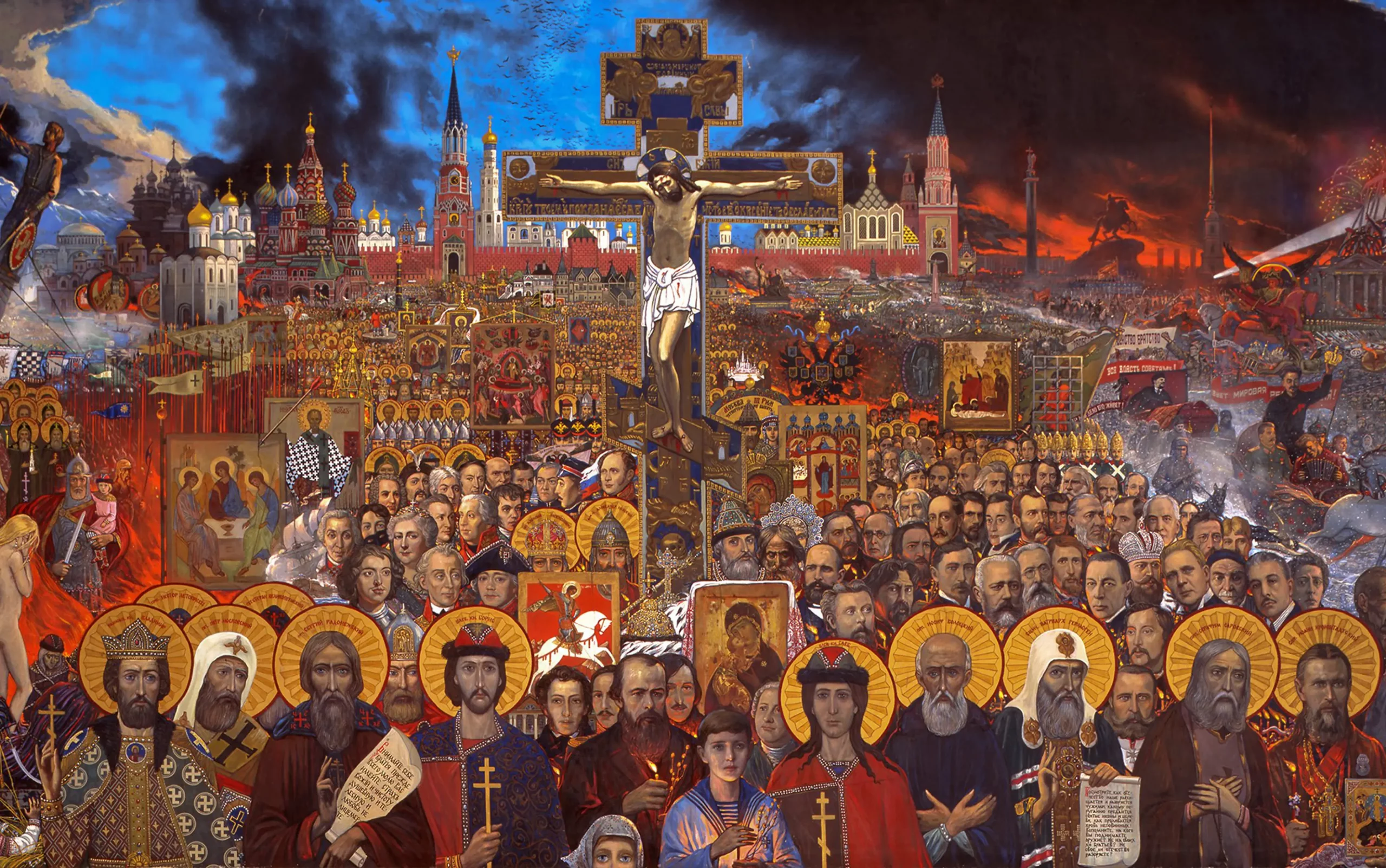
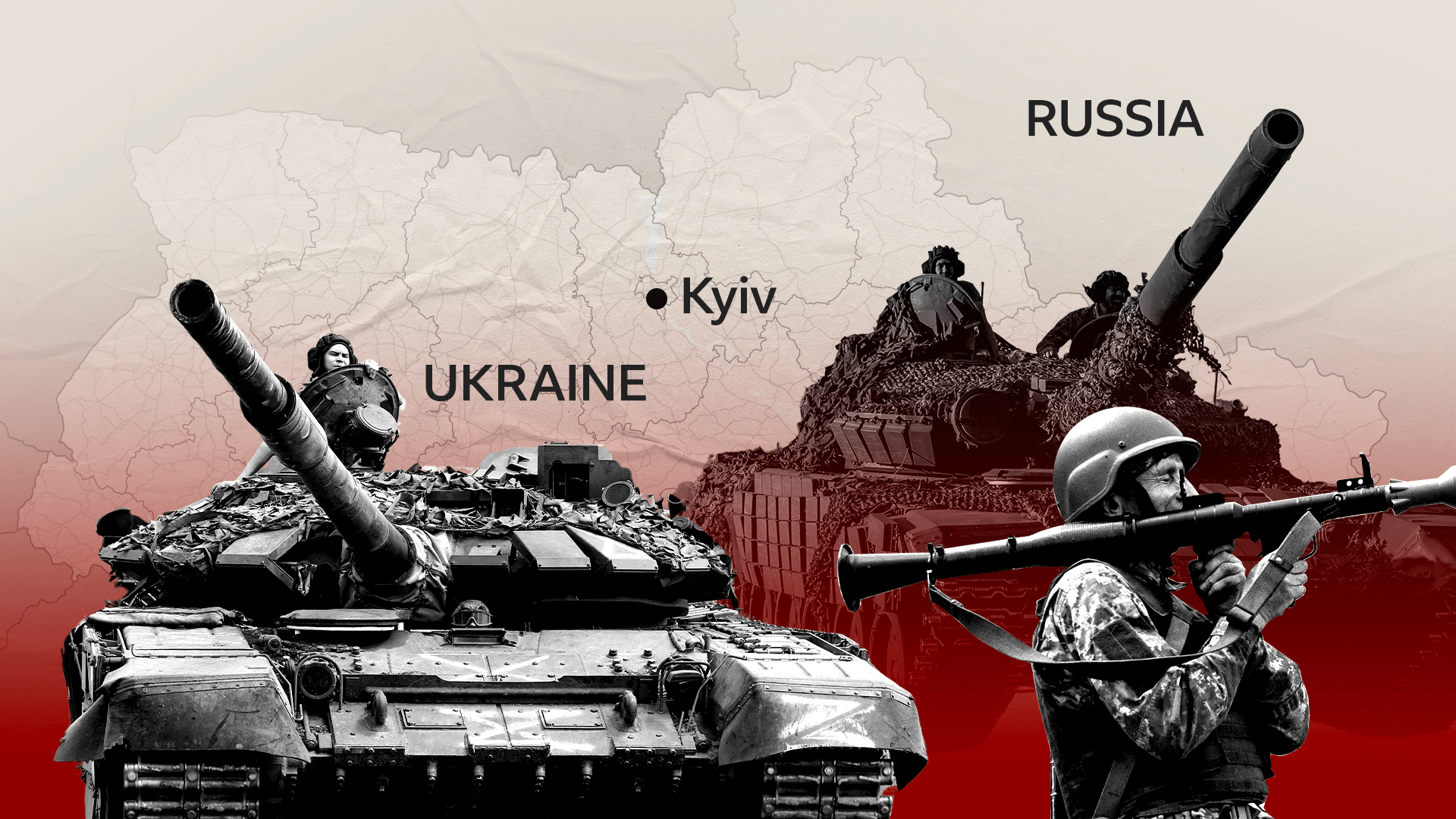
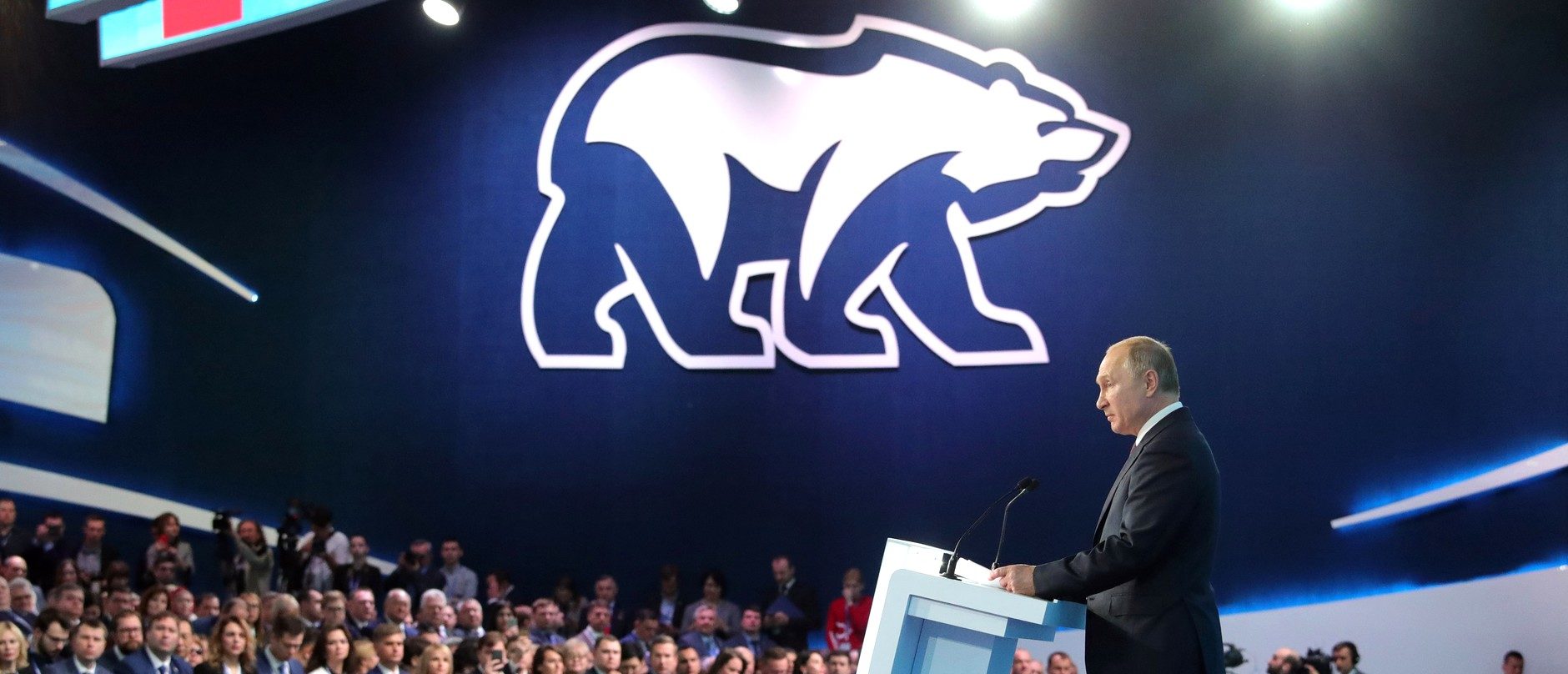
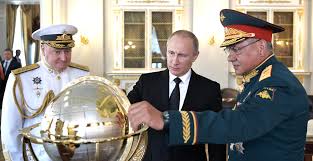

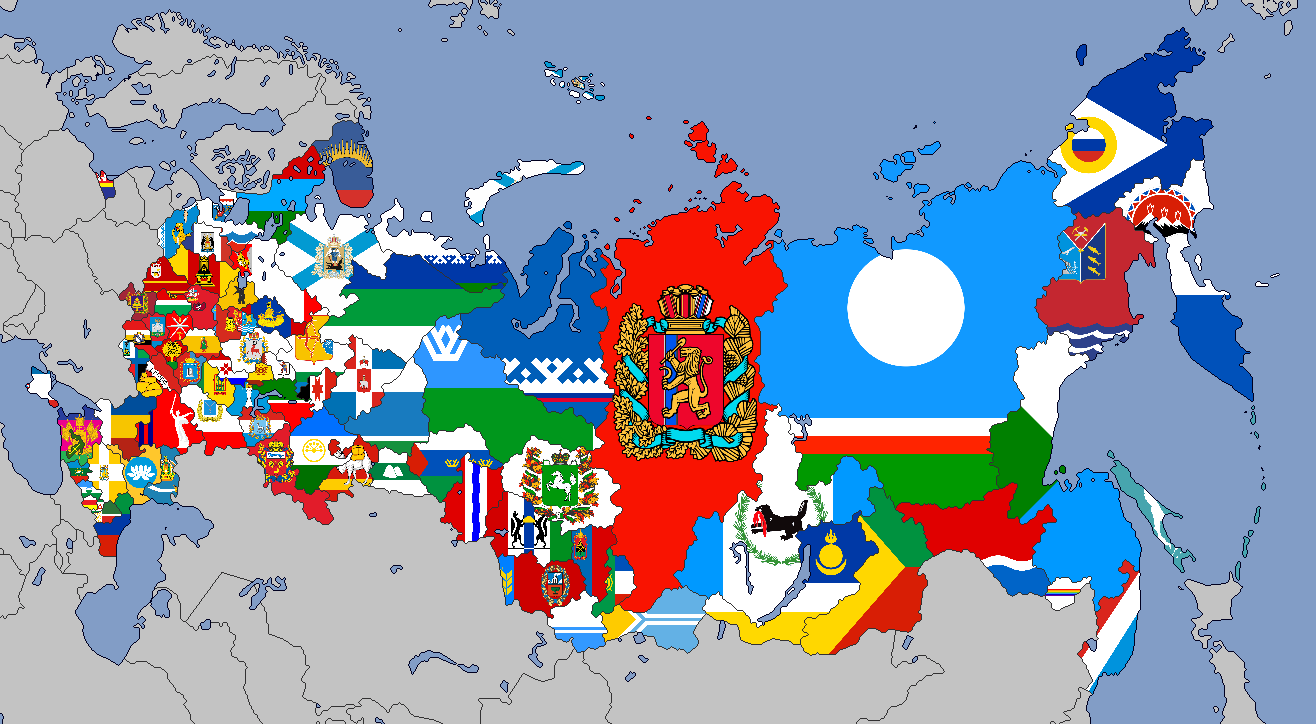
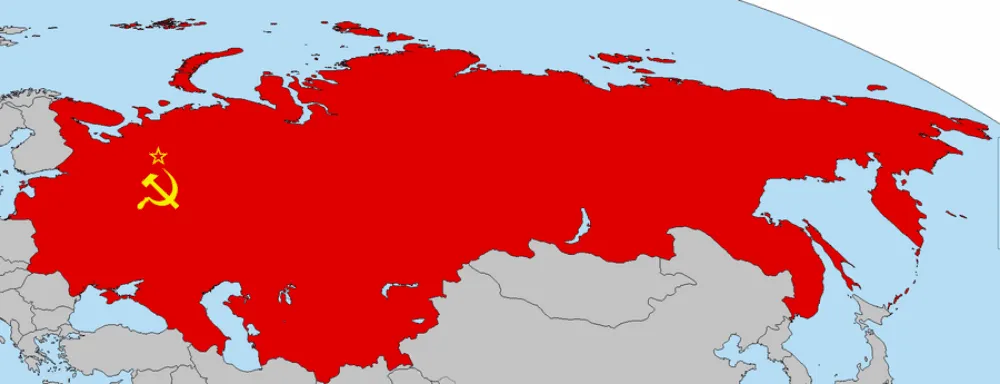
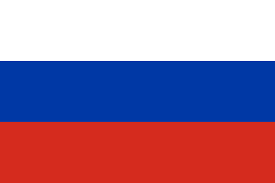
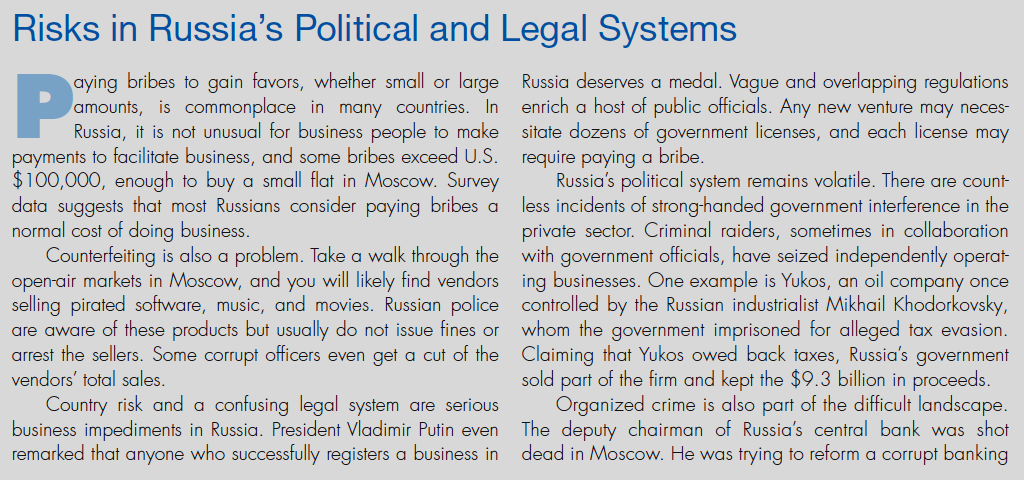
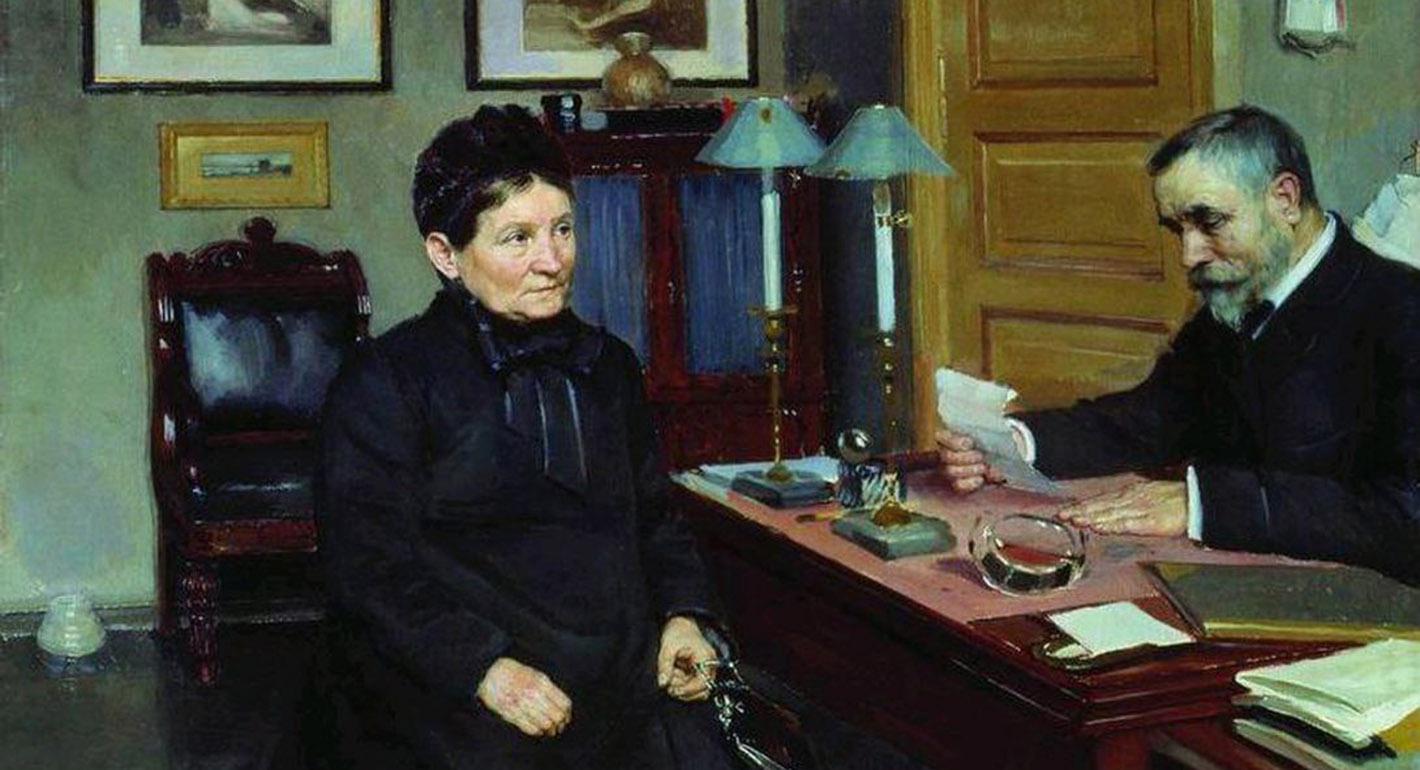
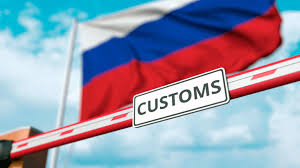
Leave a Reply